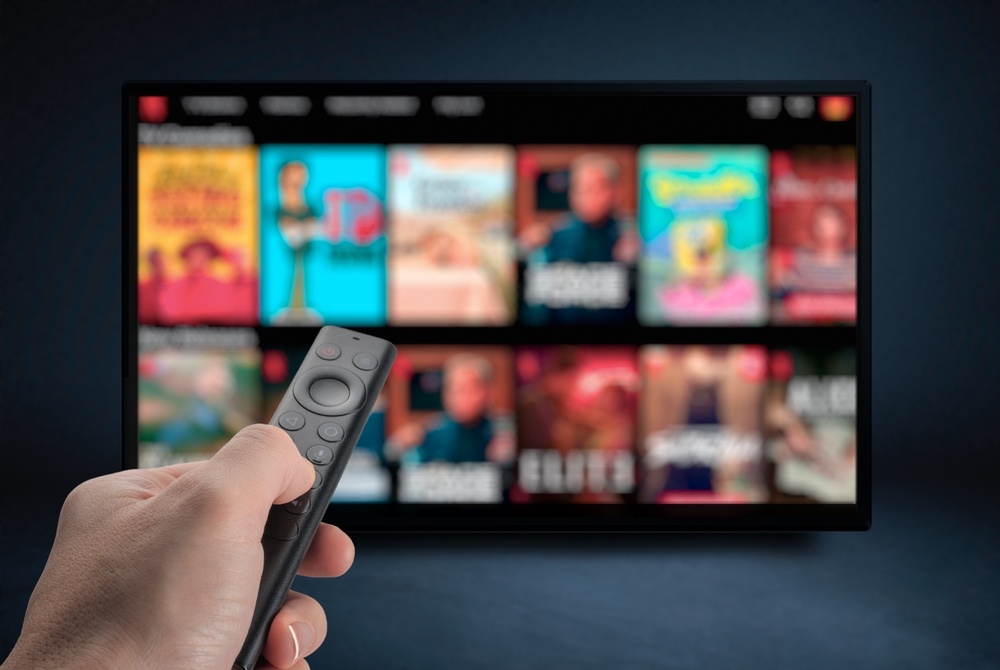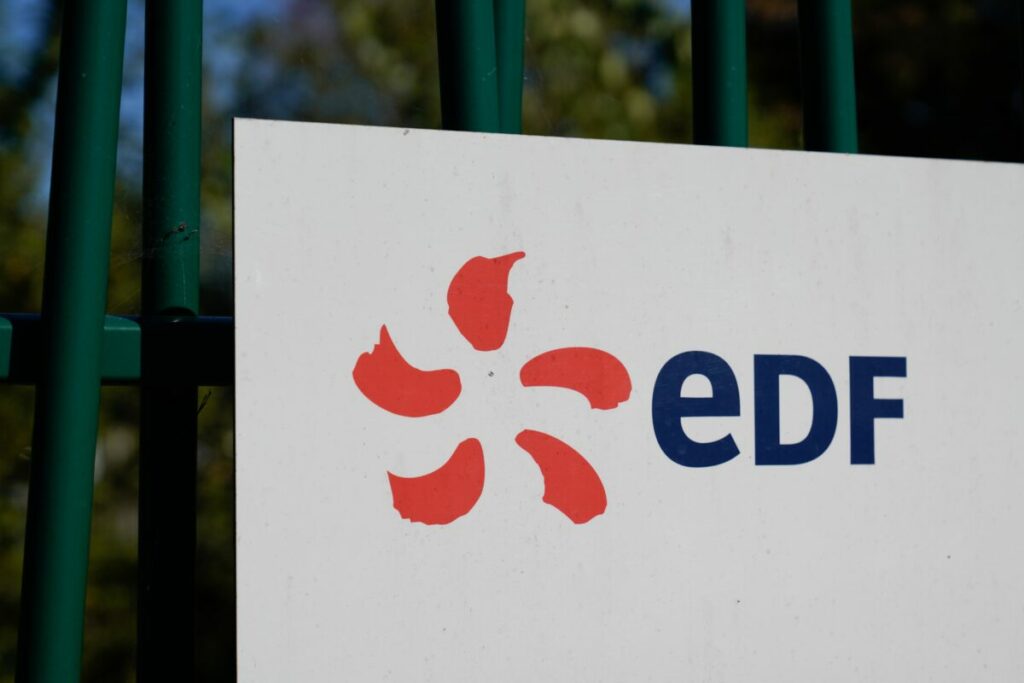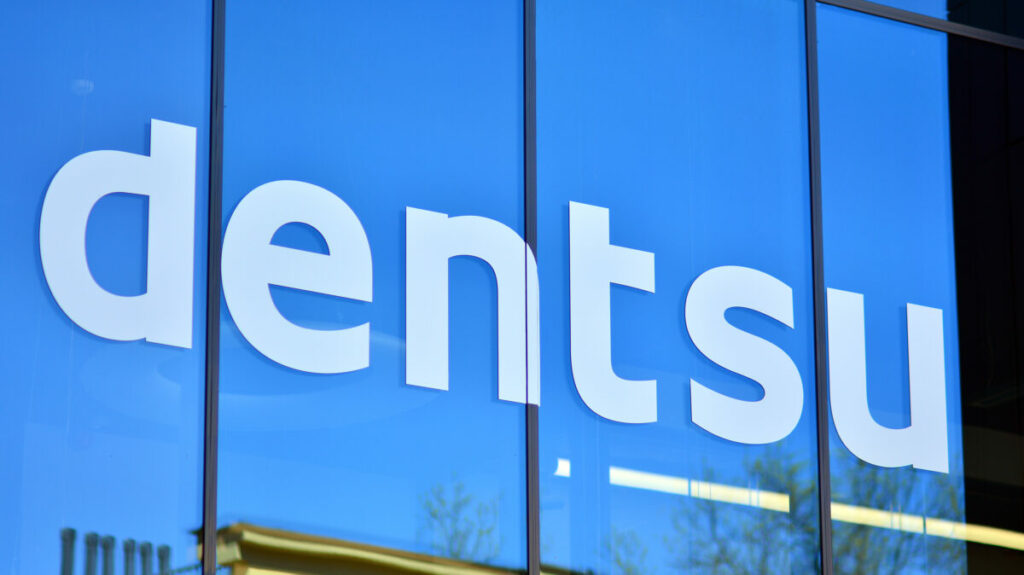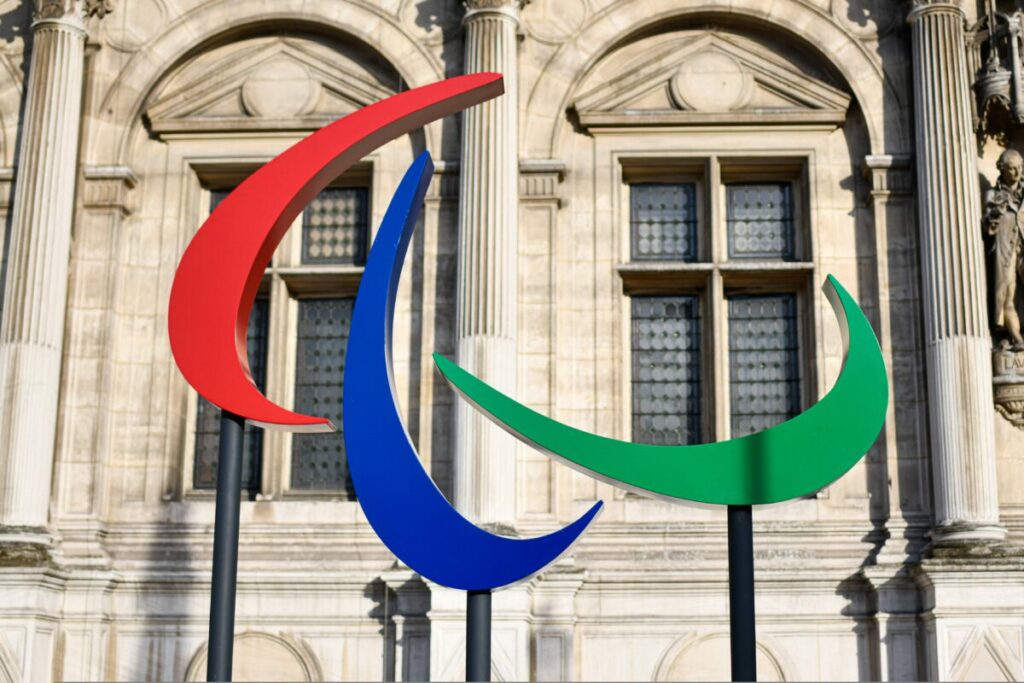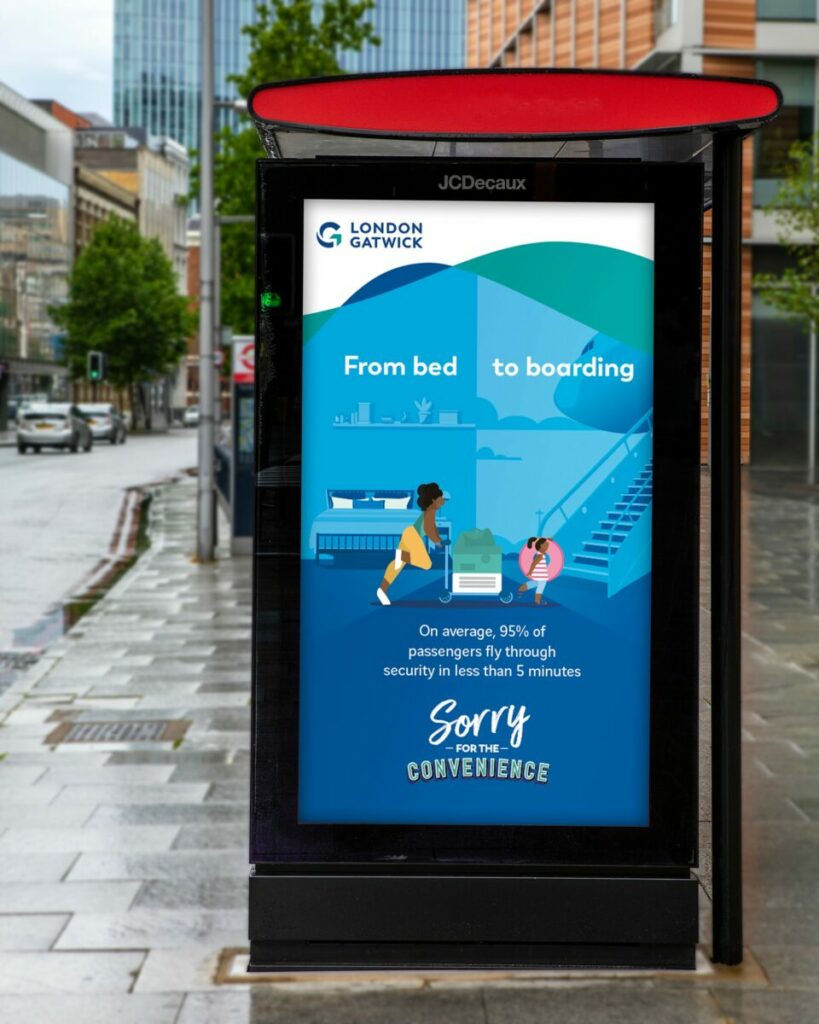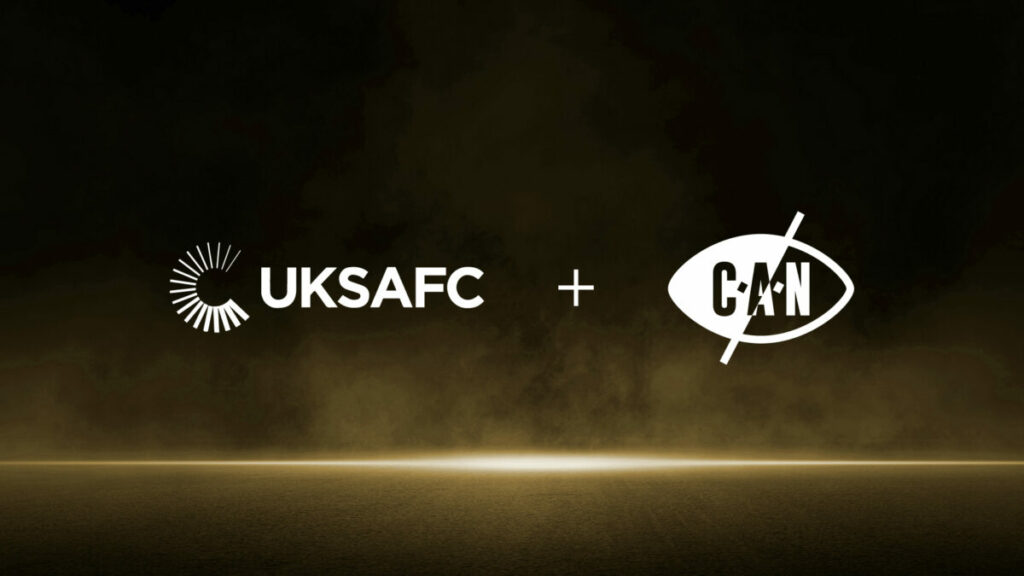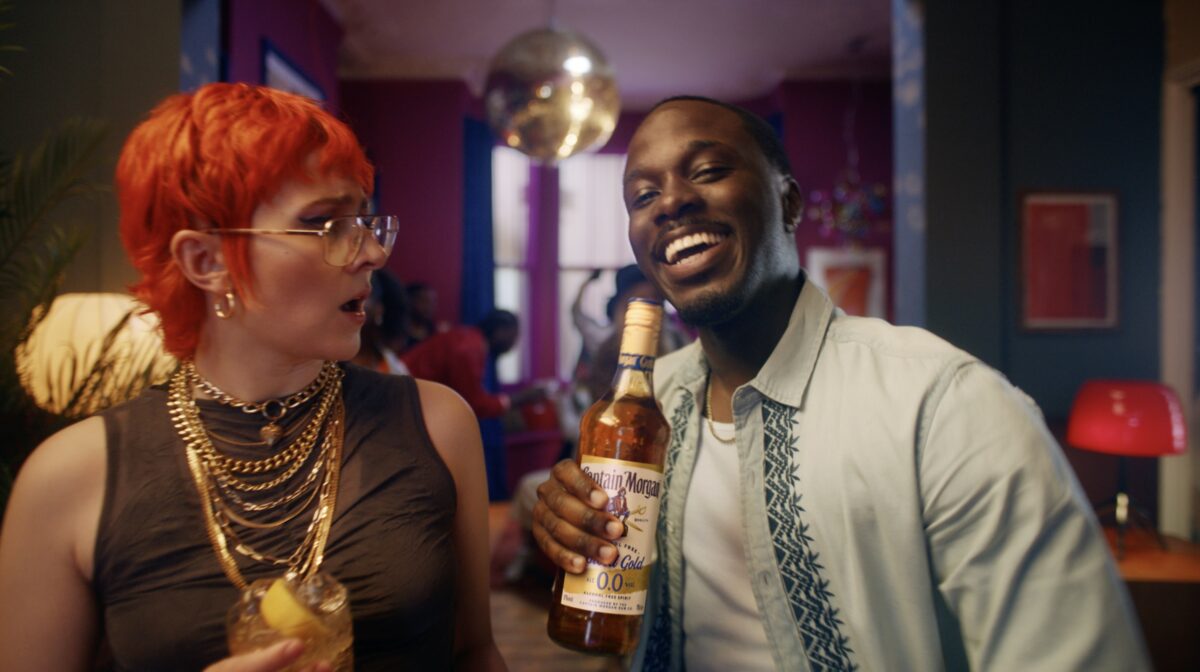Former England and Arsenal football star Paul Merson has strongly criticised the state of football shirt sponsorships across the Premier League, citing serious concerns over the sway that gambling companies currently hold over the professional game.
With seven of the league’s 20 teams set to begin the season with gambling firms as their primary shirt sponsors, Merson has hit out at “lazy” clubs for supporting an industry that has created a gambling addiction epidemic in the UK.
Merson himself has become a tireless advocate for gambling reform after recovering from his own battles with various form of addiction, including a gambling dependence.
The 1989 and 1991 league champion’s comment came as he announced his support for a new online addiction recovery hub, Recoverlution, believing that tackling clubs’ over-reliance on gambling firms for sponsorship money needs to become one of the league’s top priorities.
READ MORE: Samsung UK creates bespoke academy for grassroots football clubs
Merson also points out that following concerns over alcohol addiction, the league phased out shirt sponsorships promoting alcoholic beverages over the last decade – believing that gambling should be treated similarly.
“Having it plastered onto the front of their shirts and on those shirts that adult fans buy, it doesn’t send a good message, it is lazy. They clamped down on alcohol sponsors but people still drink so gambling advertising needs to be calmed down now, 100 per cent,” Merson said.
“I think it shows the stigma is still there with gambling, people say ‘just don’t do it’. I’m not saying ban gambling forever, of course not. If you can have a bet, control it and enjoy it, fair play to you, but before the game on TV, at half-time, on the shirts, on the boards around the pitch. It is too much.
He concluded: “That’s why I’m so passionate about Recoverlution, it is for 24/7 and it’s anonymous if people want to go on, there is a stigma still out there, one in 10 people still think it is a weakness, not an illness.”
Click here to sign up to Marketing Beat’s free daily email newsletter



